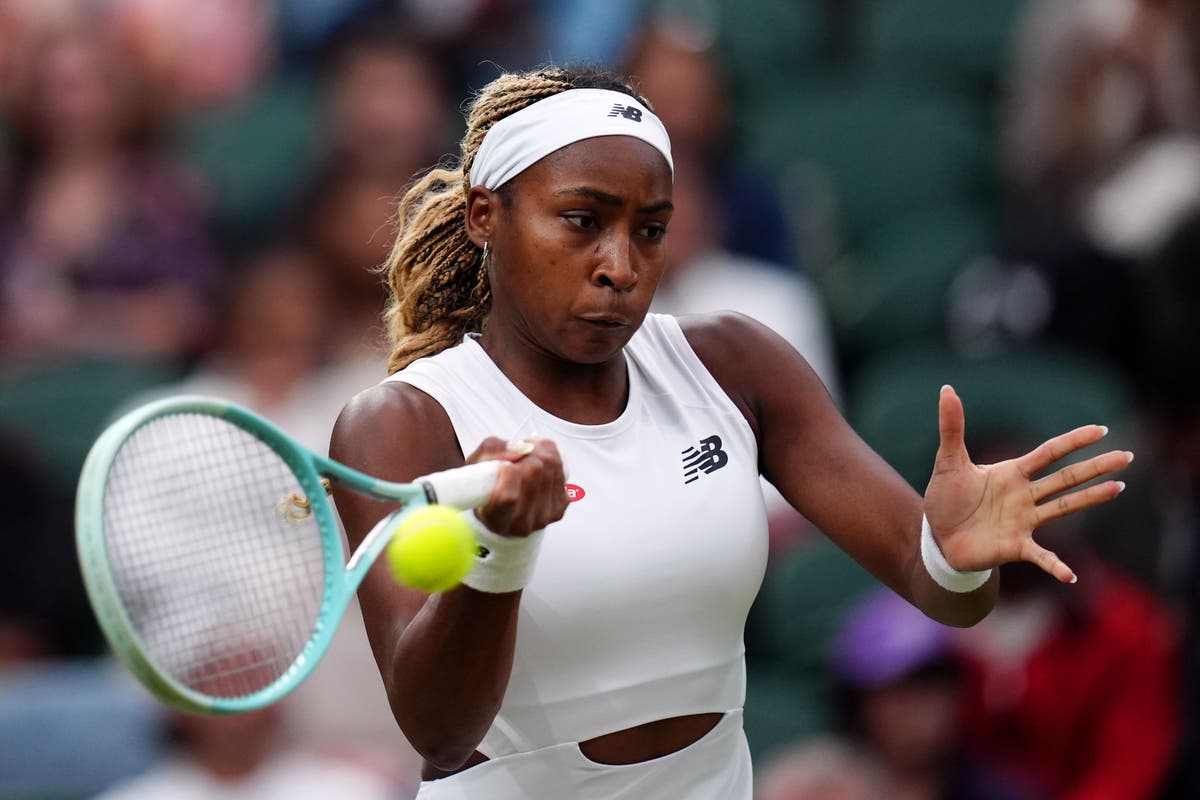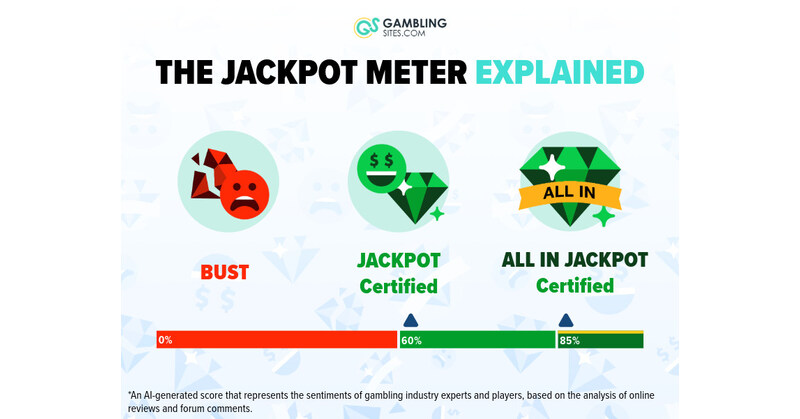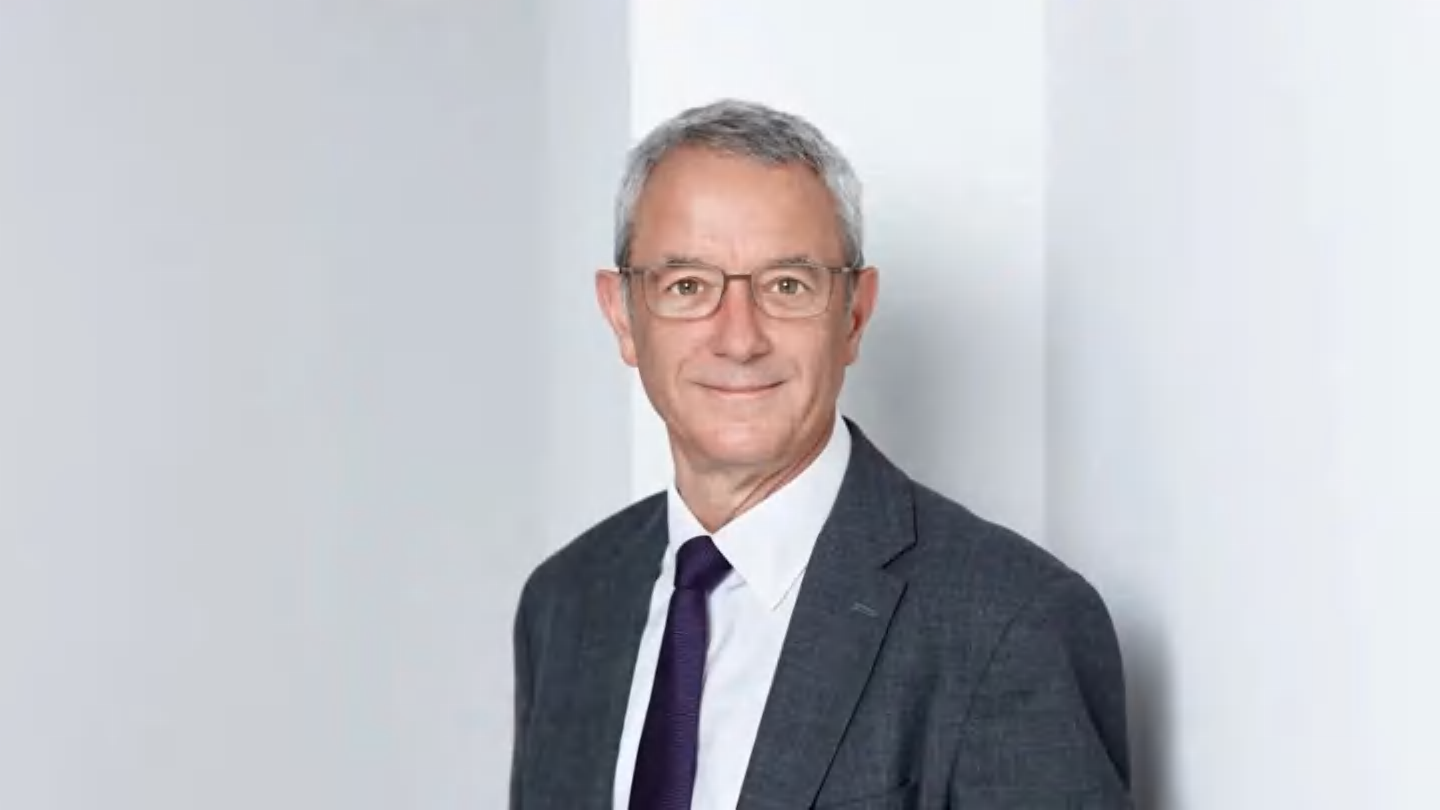Women’s tennis treads new ground with the start of the WTA Finals in Saudi Arabia on Saturday.
In April it was confirmed the WTA’s showpiece season finale, featuring the leading eight players in the world, would move to Riyadh for three years.
Long mooted, the prospective deal had attracted criticism, notably from two of the greatest champions in women’s tennis history, Martina Navratilova and Chris Evert, who wrote an opinion piece in the Washington Post in January decrying the country’s human rights record.
But women’s tennis has followed where many other sports have led and dissenting voices were hard to find as the players addressed the media on Friday.
“I saw everything here is quite chill,” said world number one Aryna Sabalenka.
“Me personally, I don’t have any issues playing here. I think it’s really important to bring tennis all around the world and to inspire (the) young generation.
“The effort they put into women’s sport here is incredible. I’m really impressed. I’m really happy to be here and to be part of, I would say, some sort of history here.”
I was very concerned. My dad was very concerned with me coming here
Coco Gauff
Given the difficulties the women’s tour, and this event in particular, has experienced over the past few years it is perhaps not surprising that the move has been broadly welcomed.
After agreeing a lucrative 10-year deal with Shenzhen in China, the disappearance of Peng Shuai and the impact of Covid-19 saw that arrangement last only one edition.
Since 2019, the WTA Finals has been held in three different cities, all last-minute deals and culminating in last year’s problems in Cancun, where storms severely disrupted the event and players heavily criticised the facilities.
There is no chance of a similar scenario in Riyadh, where local organisers will be determined for the event to project a positive image.
The players all cited a desire to help change the sporting culture in Saudi Arabia as justification for the move.
Coco Gauff, who is known as much for her social activism as her prowess on the court, predictably offered the most insightful answer on the issue.
“I would be lying to you if I said I had no reservations,” said the American. “Obviously you know who I am and the things I speak about.
“First, for the LGBTQ+ community, for me it’s always a community I’m going to fight for. I have family, friends (who are) part of this community. I hear your concerns.
“I really do feel like, in order to ignite change, you have to start little by little. That’s how I’ve been taught growing up black in America, knowing our history. Obviously there were a lot of people opposed, against it (racial equality). Now we’re all equally living together.
“If we shied away from it then, where would we be now? The same message goes out there for women. Obviously I’m a woman. I was very concerned. My dad was very concerned with me coming here.
“I do think that sport can have a way to open doors to people. I think their goal is to have a million people playing tennis here by 2030. If you never come here, it can never end up like that. In order to want to have change, you have to see it.”
Amnesty International has been a staunch critic of perceived Saudi ‘sportswashing’, and Felix Jakens, the UK head of priority campaigns and individuals at risk, called the country’s hosting of the WTA Finals “darkly ironic”.
Citing the example of fitness instructor Manahel al-Otaibi, who was jailed earlier this year, Jakens said: “For all the claims about supposed reforms made by the authorities, Saudi women face widespread institutionalised discrimination and speaking out about women’s rights issues is incredibly dangerous.
“We’d like to see the WTA stars in Riyadh using their privileged position to call for human rights reform in Saudi Arabia, in particular urging the authorities to immediately release Manahel al-Otaibi.”
On court, for the second year in a row Sabalenka is trying to hold off Iga Swiatek at the top of the rankings having reclaimed top spot in unusual circumstances last month when the Pole was penalised for not meeting mandatory tournament requirements.
Last year, Swiatek swept to the top spot after demolishing the rest of the draw but this time Sabalenka has a bigger lead while her rival has not played since the US Open having taken time out to make a coaching change.
Wim Fissette has replaced Tomasz Wiktorowski in Swiatek’s team, while Elena Rybakina announced on Friday that from next season she will be coached by former Wimbledon champion Goran Ivanisevic.
Ivanisevic is making his first foray onto the WTA Tour having parted company with Novak Djokovic earlier this season.
“I’m really looking forward to this partnership,” said Rybakina, whose previous long-term arrangement with Stefano Vukov ended in August amid much focus on the Croatian’s treatment of the former Wimbledon champion.
This will be her first tournament since following back problems, and Rybakina insisted the parting of ways with Vukov was routine, saying: “We are good with Stefano. I just wish him also all the best in his new chapter.”
Sabalenka contests the opening singles match on Saturday against Zheng Qinwen before Rybakina takes on Jasmine Paolini.
The other group features Swiatek, Gauff, Wimbledon champion Barbora Krejcikova and Jessica Pegula.
An undefeated champion would earn a record 5.16million US dollars (approximately £4million).












